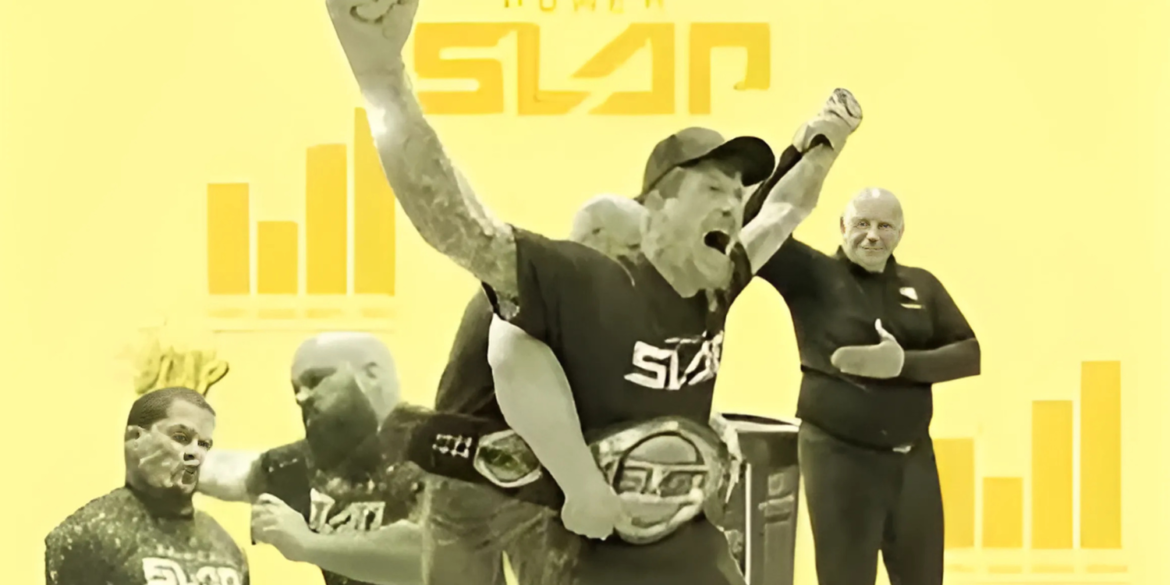Dana White’s Power Slap League has secured a significant $76 million media rights deal with VeChain, a blockchain technology company, in what is hailed as a major milestone for the controversial sport. The six-year partnership is expected to provide the league with the financial backing needed to expand its audience and stabilize its growing operation. However, the deal comes amid ongoing concerns about the safety and long-term viability of the sport.
Since its inception, Power Slap has generated both intrigue and backlash. The sport, which involves contestants slapping each other with open-hand strikes until one concedes or is knocked out, has gained a growing following, particularly among younger audiences. Millions have viewed the matches across various social media platforms, and the league’s broadcasts are seeing increasing viewership, especially as it garners attention as a unique combat sport.
The Controversy Behind the Sport
Despite its rise in popularity, the league has been met with criticism from medical professionals, athletes, and some state regulators, who express concerns about the long-term health risks associated with slap-fighting. Experts have pointed to potential head trauma, concussions, and other serious injuries that could result from repeated slaps to the head. As a result, several U.S. states have refused to sanction Power Slap events, highlighting the challenges it faces in gaining widespread acceptance.
In response to these concerns, Dana White, the league’s founder, has defended the sport, maintaining that it is both safe and entertaining. “We’re just getting started,” White said at the announcement of the new deal. “This partnership shows that Power Slap has found a solid footing in the sports world, and we’re going to continue giving fans a product they’ll love.”
A Growing Brand, But at What Cost?
The $76 million deal with VeChain will help finance future Power Slap events, increase fighter pay, and boost marketing efforts. With the league continuing to expand, it stands to gain significant financial traction in the years to come. However, questions remain about the sustainability of Power Slap as a legitimate sport, especially given the safety concerns that have already caused friction with both medical experts and state regulators.
As Power Slap strives to solidify its place in the sports entertainment world, it must navigate the fine line between providing an exciting spectacle and ensuring the health and safety of its competitors. Whether the league can overcome these challenges and prove itself a legitimate fixture in the world of combat sports remains to be seen.


